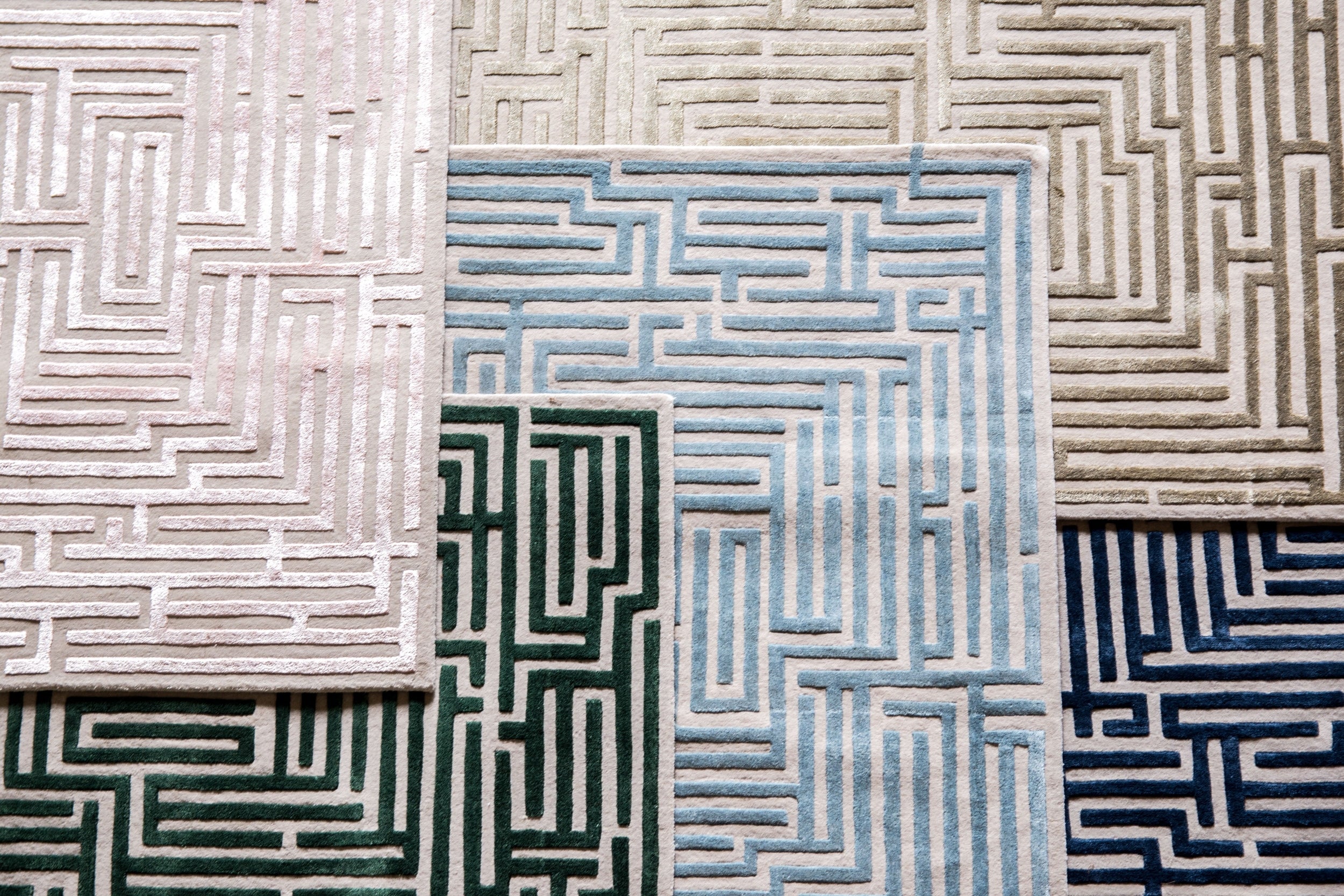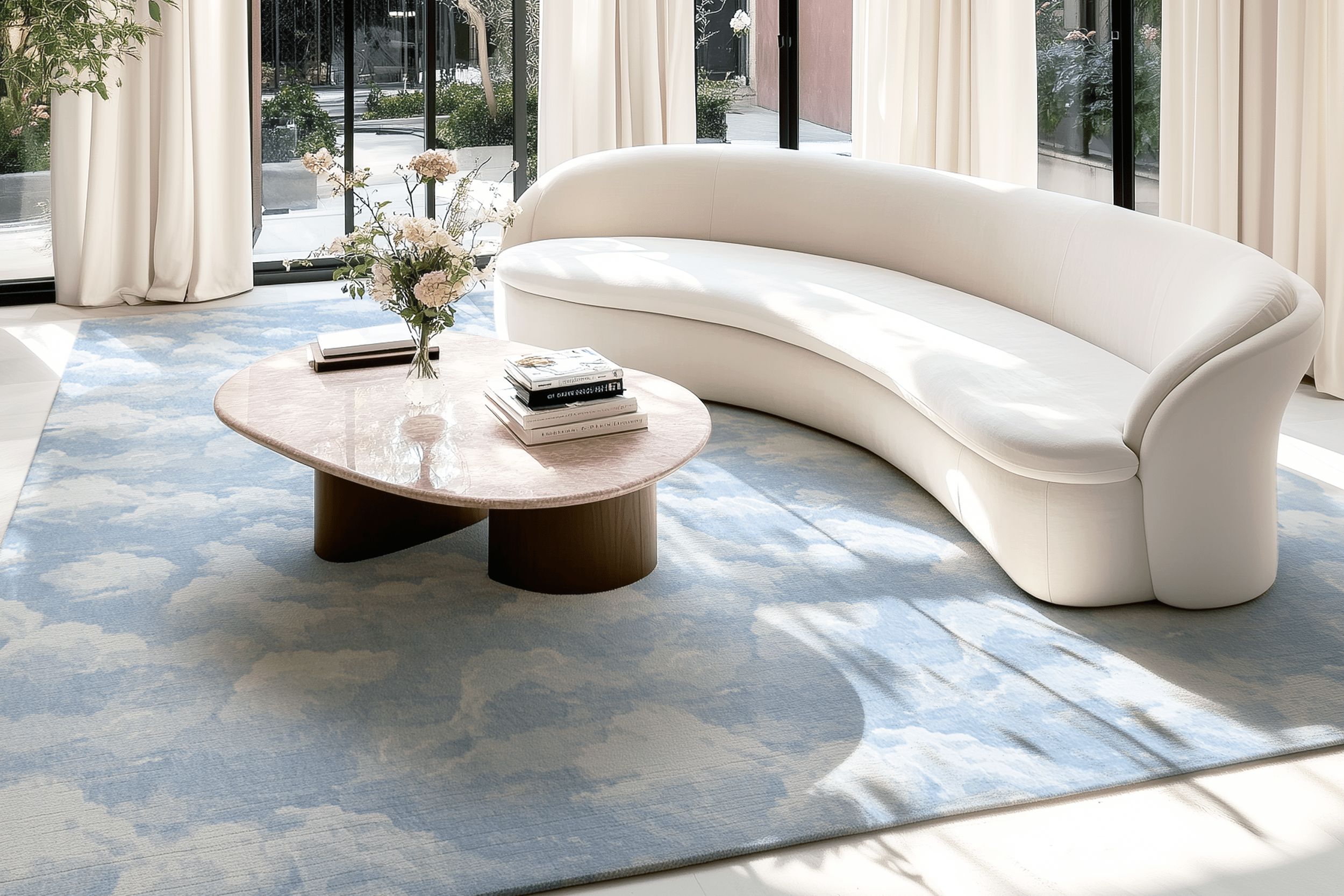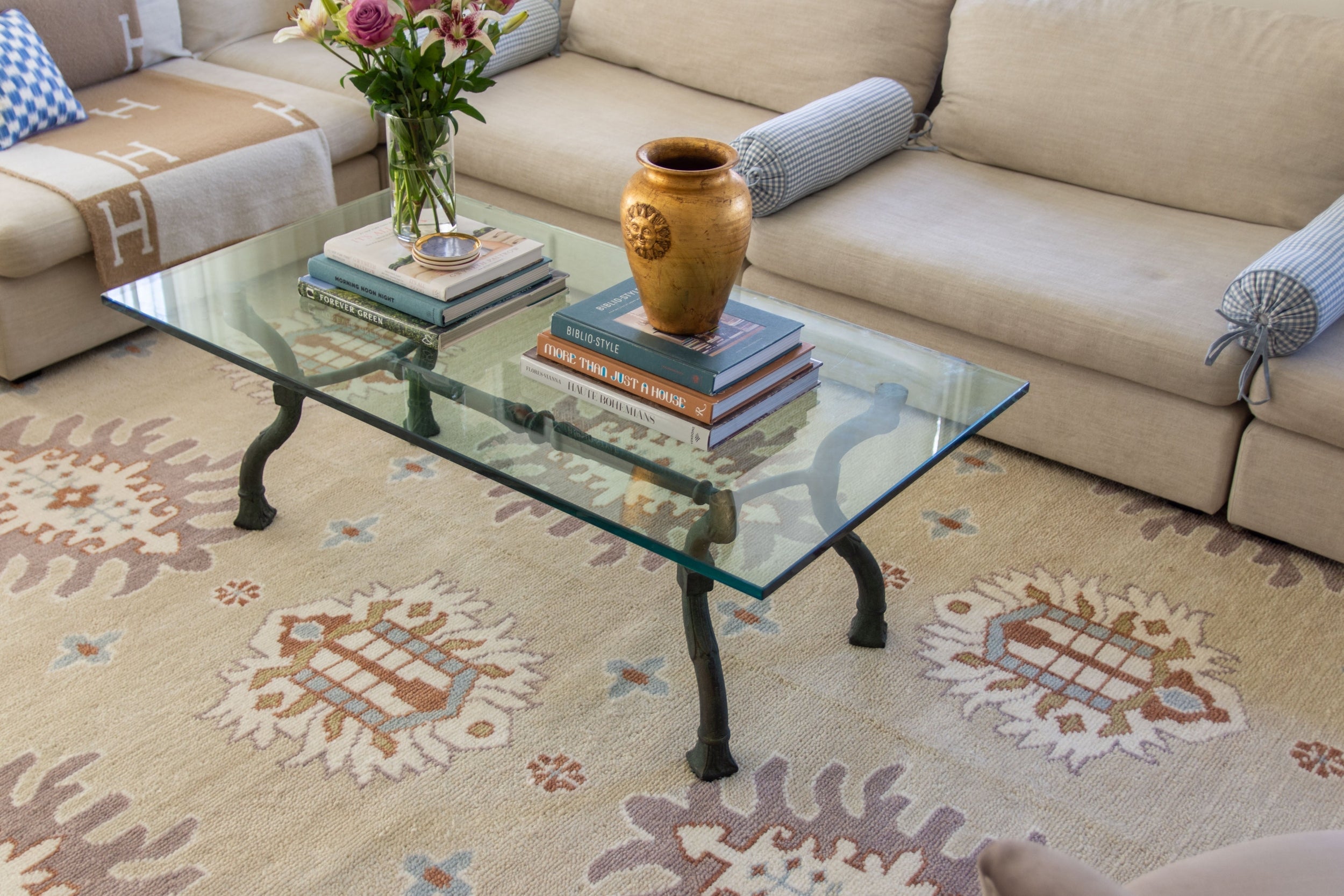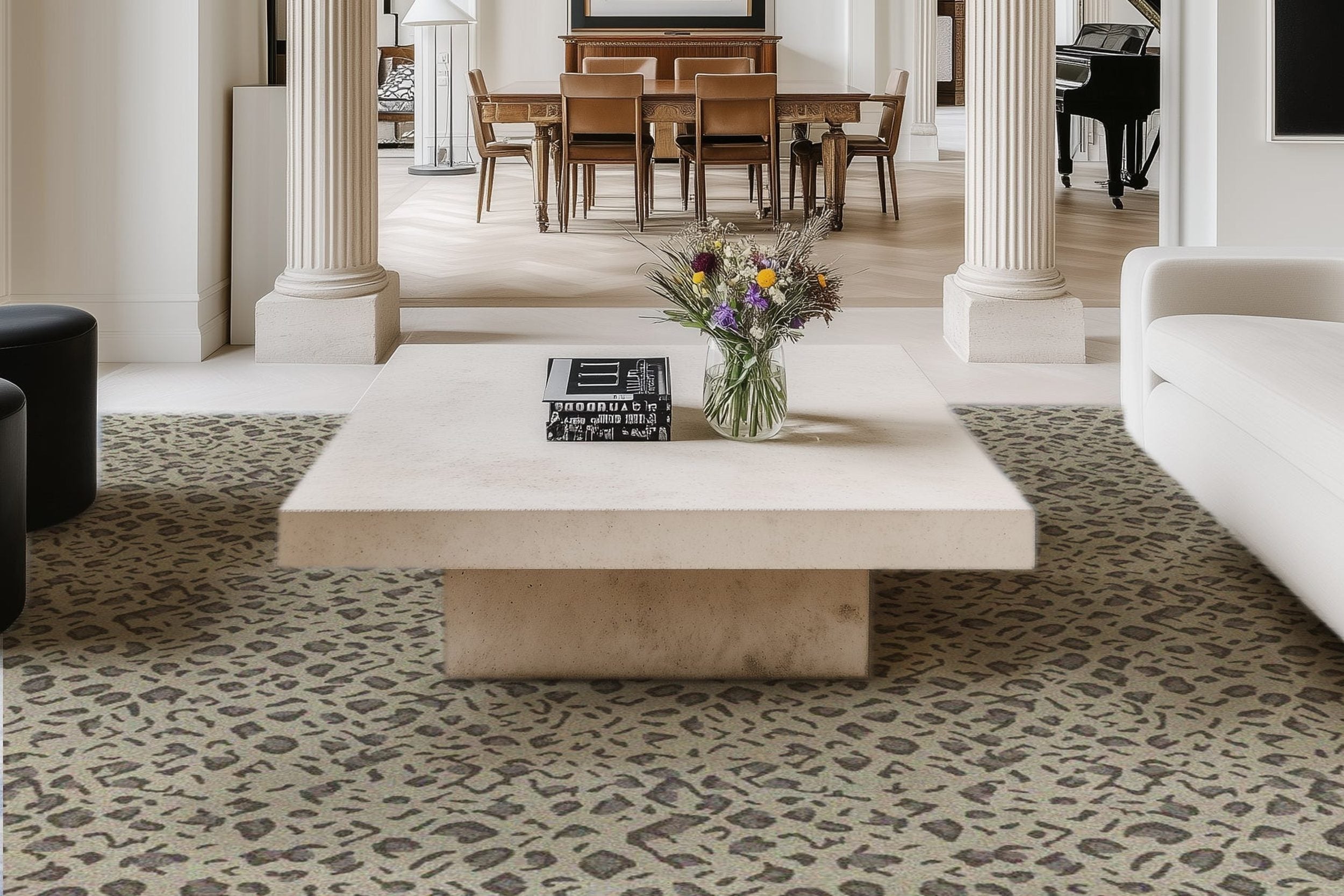Why a Damaged Roof Leads to Interior Home Issues
A damaged roof can cause more than just exterior problems - it can lead to serious issues inside your home as well. From water damage and mold growth to structural deterioration and pest invasions, the repercussions of ignoring roof damage are far-reaching and costly. Understanding the connection between a compromised roof and interior home issues is crucial for maintaining the integrity, safety, and value of your property.
Storm Damage
High winds can lift shingles, heavy rain can exploit existing weaknesses, and hail can create punctures. Once the roof's protective barrier is compromised, water can easily penetrate your home, leading to a host of interior issues. When it comes to storm damage, Houston can experience severe impacts that necessitate prompt and effective repair solutions. Beyond water damage, storms can also introduce debris that clogs gutters, exacerbating drainage problems and increasing the risk of leaks.
Compromised Insulation and Energy Efficiency
When your roof is damaged, the insulation in your attic and walls can become compromised. Wet insulation loses its effectiveness, leading to increased energy bills as your heating and cooling systems work harder to maintain a comfortable temperature. Proper insulation is vital for energy efficiency and maintaining a consistent indoor climate.
- Increased Energy Bills: Damaged insulation forces your HVAC system to work overtime, consuming more energy to regulate indoor temperatures. This increased energy consumption leads to higher utility bills each month. Over time, the extra cost can add up significantly, putting a strain on your household budget.
- Inconsistent Indoor Temperatures: Compromised insulation results in uneven heating and cooling throughout your home. You might notice certain rooms being too hot in the summer and too cold in the winter. This inconsistency can make your living spaces uncomfortable and reduce the overall enjoyment of your home.
- Strain on HVAC System: When insulation is compromised, your heating and cooling systems must work harder to compensate. This added strain can shorten the lifespan of your HVAC system, leading to more frequent repairs and earlier replacement. Maintaining effective insulation helps extend the life of your HVAC system and reduce maintenance costs.
- Environmental Impact: Increased energy consumption due to compromised insulation hurts the environment. Higher energy usage contributes to increased greenhouse gas emissions, which play a role in climate change. By ensuring your roof and insulation are in good condition, you can reduce your carbon footprint and contribute to a more sustainable future.
Structural Damage and Rot
Water infiltration from a damaged roof can weaken the structural integrity of your home. Wooden beams, rafters, and joists can become waterlogged and start to rot, jeopardizing the stability of your entire home. This kind of structural damage is not only costly to repair but can also pose significant safety hazards.
Electrical System Hazards
Water from a damaged roof can reach your home’s electrical system, creating potential fire hazards and damaging your wiring. Water and electricity are a dangerous combination, and even a small amount of moisture can cause significant problems. Addressing roof damage can help prevent electrical issues and ensure your home remains safe.
- Increased Risk of Fire: When water infiltrates your home through a damaged roof, it can come into contact with electrical wiring and outlets. This exposure can cause short circuits and potentially lead to electrical fires. Preventing water damage to your electrical system is essential to avoid such hazardous situations and ensure your family's safety.
- Damage to Appliances: Water exposure can cause significant damage to electrical appliances and systems within your home. Appliances like refrigerators, washers, dryers, and HVAC systems can suffer from electrical shorts or corrosion, leading to costly repairs or replacements. Keeping your roof in good repair helps protect these valuable assets from unnecessary damage.
- Compromised Electrical Integrity: Persistent water leaks can lead to the gradual degradation of your home’s electrical wiring. Wet and corroded wires can malfunction, causing power outages or creating dangerous situations where electrical currents could jump to other conductive materials. Regular roof maintenance and prompt repairs are crucial to maintaining the integrity of your electrical system.
Pests and Wildlife Invasion
Gaps and holes in a damaged roof can serve as entry points for pests and wildlife. Birds, rodents, and insects can invade your home, causing further damage and creating unsanitary conditions. These unwelcome guests can chew through wires, contaminate food, and spread disease, leading to additional repair and pest control costs.
Decreased Property Value
A damaged roof can significantly decrease your home’s property value. Potential buyers are likely to be deterred by visible roof damage and the potential for hidden interior issues. Maintaining your roof in good condition is essential for preserving your home’s value and ensuring a smooth resale process.
A damaged roof can lead to a host of interior home issues, from water damage and mold growth to structural damage and pest invasion. Addressing roof damage promptly is crucial for protecting your home, maintaining energy efficiency, and preserving your property value. Don’t wait for minor issues to become major problems - take action to keep your roof and home in top condition.
Browse by Category

Design Projects
Explore interiors from client work and personal renovations — layered, livable, and always in progress.
read more →
Collaborations
From product launches to styled spaces, discover the brand stories I’ve helped bring to life.
read more →
The Notebook
A growing archive of iconic designers, inspiring artists, and unforgettable design moments.
read more →
Travel by Design
Wander with a designer’s eye — from charming hotels and city guides to visual inspiration abroad.
read more →





